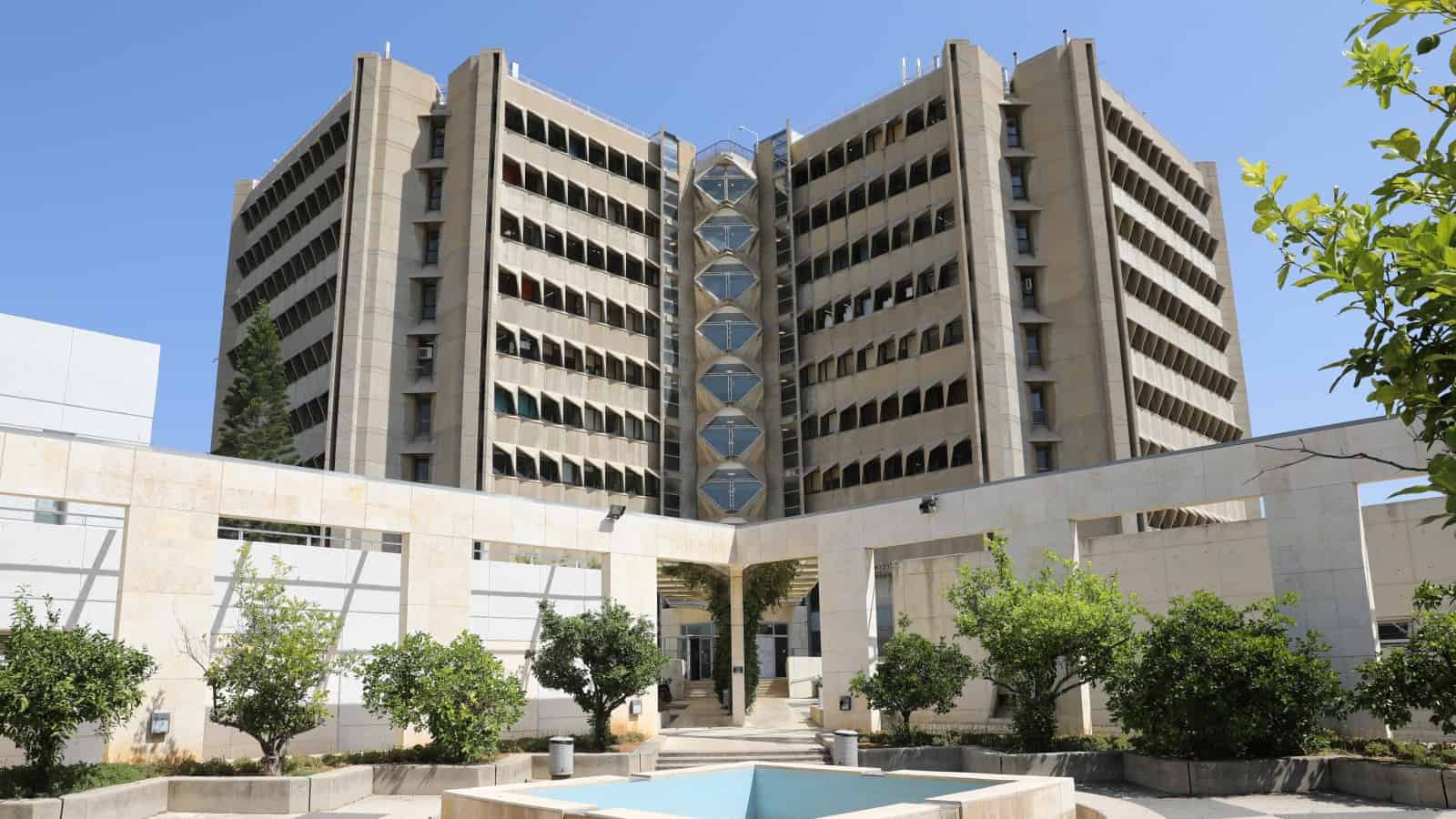Tel Aviv University recently announced plans to increase the number of students from “underrepresented populations” admitted to its medical school.
According to the new plan, 10 percent of medical students admitted to the first year of studies will be individuals from Israel’s social and geographic peripheries, minority religious and ethnic backgrounds — such as Israelis of Ethiopian descent and ultra-Orthodox — and individuals “with high potential.”
The new plan, set to be implemented in the upcoming academic year, allocates 12 spots in the TAU Faculty of Medicine to three students from each underrepresented group. The spots are interchangeable if not enough suitable candidates from a certain underrepresented group apply.
In addition, the applicants will enjoy “adapted” admission requirements, especially in non-cognitive national tests and personality assessments.
The Faculty of Medicine introduced similar plans in the past, allotting spots for eight students, two from each underrepresented group, per year. Many spots, however, remained unfilled because they were not transferrable among the different groups. In addition, the admission tests posed a substantial barrier for many of these candidates.

The decision to revamp the program was made jointly by TAU’s Faculty of Medicine, Equity, Diversity & Community Commission, registrar, and dean of student services.
Head of the School of Medicine Prof. Ido Wolf emphasized that all candidates admitted to the medical school must meet all the academic requirements.
“Adaptations will only be made in non-cognitive national tests, in which we have found that individuals from these groups have lower chances for success. We have no doubt that these candidates can and will do well in their studies and become excellent physicians.”
Dean of the Faculty of Medicine Prof. Karen Avraham added: “Medicine is above all a social profession. We take care of people’s physical, emotional and social needs. Israel is a multicultural society, and in order to provide personalized care medical teams must be familiar with the entire spectrum of Israeli society.”
VP for Equity, Diversity & Community Prof. Neta Ziv said the new plan will “enhance diversity in the medical profession.”
“With the 2023-24 academic year coming up, TAU is making great efforts to admit more students from [underrepresented groups] as part of its commitment to academic excellence coupled with equal opportunity,” Ziv said.

















